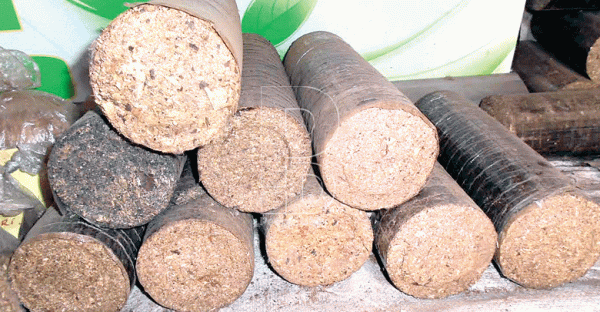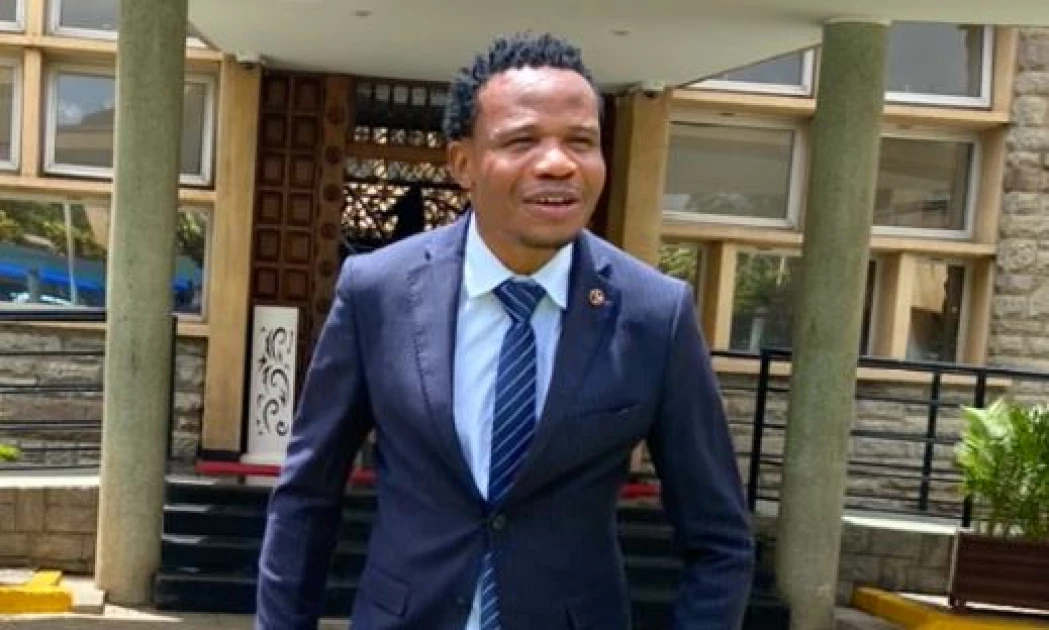Across the world, youth innovations are driving change. In Kenya, inventions by young people have positioned us on the global map.
Roy Allela, 25, invented a Smart Hand Glove that converts sign language into audio speech. The invention, which has won him international accolades, was aimed at reducing the stigma associated with hearing impairment.
Kelvin Gacheru developed Mobi-Water, a smart solar-powered water system, which seeks to improve monitoring consistency in water supply and helps curb Kenya’s water shortage crisis.
Is it possible to apply these youth innovations to waste management? The most visible environmental challenge in the country is the uncollected solid waste, particularly plastic bottles. A spot check in all major towns reveals that there is an increase in the amount of waste due to a rising population in urban areas that are yet to establish proper waste management mechanisms.
Waste management simply denotes accountability for all waste generated, appropriate disposal and, where possible, recycle for reuse.
For instance, Nairobi produces waste at a rate that outpaces its capacity to dispose it in a safe and environmentally sound manner. This calls for a paradigm shift in thinking.
An assessment by the National Environment Management Authority reported that the traditional end-of-pipe solutions to waste management problems only deal with symptoms of poor management and not the root cause. As a result, Nairobi and its environs have resigned to indiscriminate dumping of solid waste.
In order to fully address this issue, fresh and innovative waste management practices must be initiated. To achieve this, however, we need to provide adequate support and develop policies that will encourage young people to venture into proactive inventions.
There are already waste management initiatives by young people in many communities. One such initiative is the Customer Bora Program in Dandora, Nairobi. Customer Bora involves out-of-school youth in Dandora, which is among the most affected by waste pollution.
The initiative spearheaded by Dandora HipHop City in collaboration with Kenya Association of Manufacturers, has set up multiple waste collection stations referred to as “Taka Banks” where consumers can dispose of their waste for recycling. The system goes beyond encouraging proper disposal, it rewards depositors.
In addition to this, the Changing Faces competition hosted by the Public Space Network has jolted young people to develop transformational waste management initiatives to improve their neighbourhoods. This year alone, the competition hosted a nationwide competition in which about 136 youth groups submitted their designs. This is an indication that young people are taking charge of the environment.
Another initiative that supports the inclusion of youth and Women in waste management is PETCO Kenya. PETCO ensures they have a formidable recycler, willing to purchase their waste, and in return, they get to improve their economic situation.
As these initiatives scale up, they will grow in scope and have the potential to be adopted nationally. We should continue to encourage young people to proactively practice waste management because they are key to a change in perception towards a circular economy.—The writer is the CEO, Kenya Association of Manufacturers










